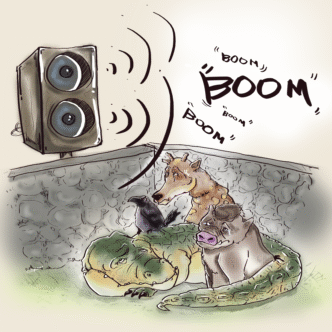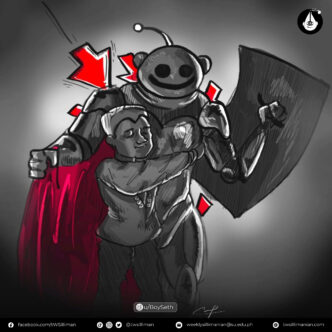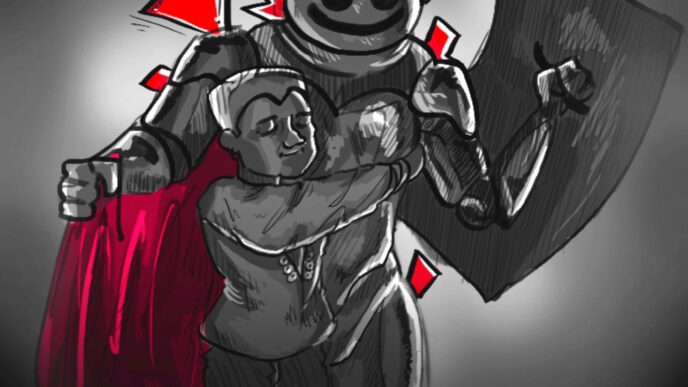The recent killing of supposed Iskolar Sophia Marie Coquilla in Tagum has raised heads on the Philippine Juvenile Justice System, particularly on the criminal age of responsibility, and the law’s poor implementation and inadequate resources.
On July 9, the late senior high school graduate was found dead at her home lying in a pool of her blood. According to late investigations, authorities arrested four suspects. They were apprehended in Davao City, caught carrying an unlicensed firearm, and possessed the victim’s personal belongings. Despite the intent of the crime, what sparked the public’s attention most are how the suspects are all underaged.
Amid the grieving of Coquilla are calls made to review the law’s provisions on the Juvenile Justice and Welfare Act.
Many voices are presently pushing to lower the minimum age of criminal responsibility, a political rhetoric charged by frustration on Coquilla’s murder. Some of these voices belong to her personal cohort who raised questions such as: “How would justice be served if the suspects are minors, knowing they are exempted from imprisonment?”
However, the law provides that children in conflict with the law aging 15 to 18 who act with discernment may be held accountable and undergo diversion programs. This includes court proceedings and appropriate interventions. Therefore, the main problem at hand is not the age threshold but rather the poor implementation of the law’s full measures.

Rather than lowering the age, scrutiny on the law must turn toward improving systems that are already put in place. The Juvenile Justice and Welfare Act’s ideal is not towards leniency in children committing crimes but in the belief that these citizens can be rehabilitated, reformed, and held accountable through proper intervention.
This ideal, however, cannot be achieved without fully investing in the law.
The current system—without functional youth rehabilitation centers, capacitated social workers, and community-based support—becomes an empty shell. It leaves room for children to repeat offenses or, worse, for criminals to use them as pawns that meet harsher consequences.
Should this system continue to fail enacting efforts in its full authority and reach, the public does not merely risk more crimes like Coquilla’s killing. Instead, it also risks a culture free from punishment among the youth, imposing the idea that criminal behavior comes with no real consequence if committed early enough in one’s life.
For the law to thrive, there should be no room for juveniles. In a republic that aims to uphold the common good, Coquilla’s murder must serve as a wake-up call for the national and local governments to re-examine its utmost execution.
The Weekly Sillimanian urges the Philippine government for a stronger, well-funded, and strictly implemented juvenile justice system. Not for the sake of vengeance but for genuine reform. Coquilla’s death should not be another case archived in police records, but rather a stark reminder that our children are not exempt from justice and are equally deserving of its protection.
Children in conflict with the law do not exist beyond the justice system. They are heavily engraved in it. And it is our collective failure should they slip through the cracks.













